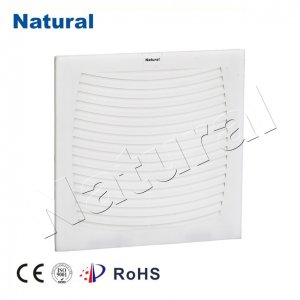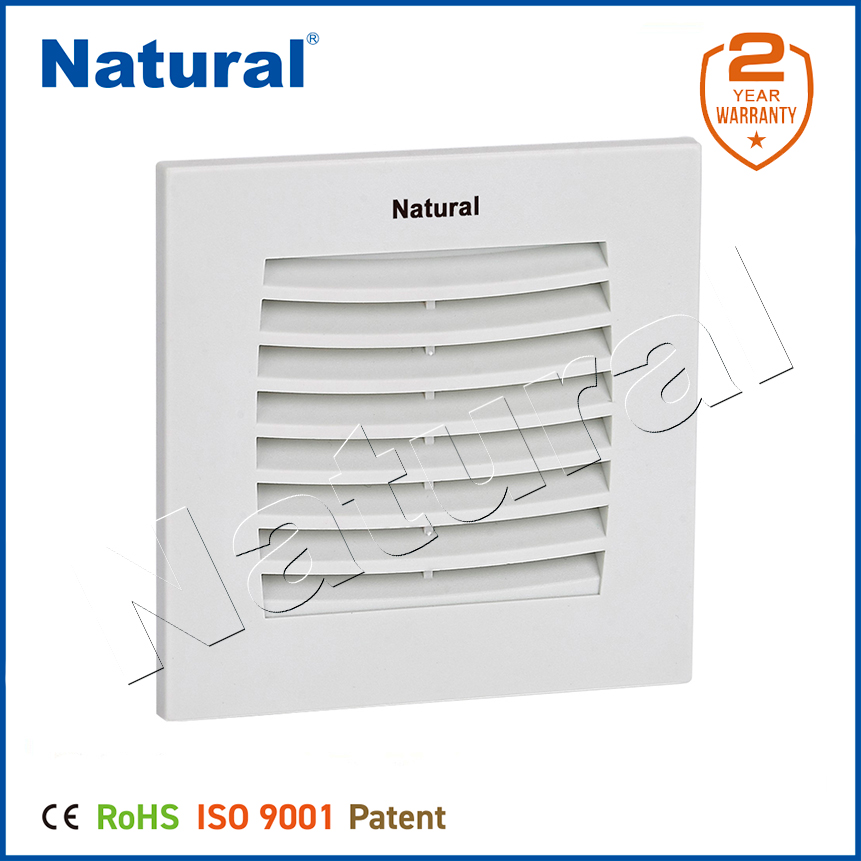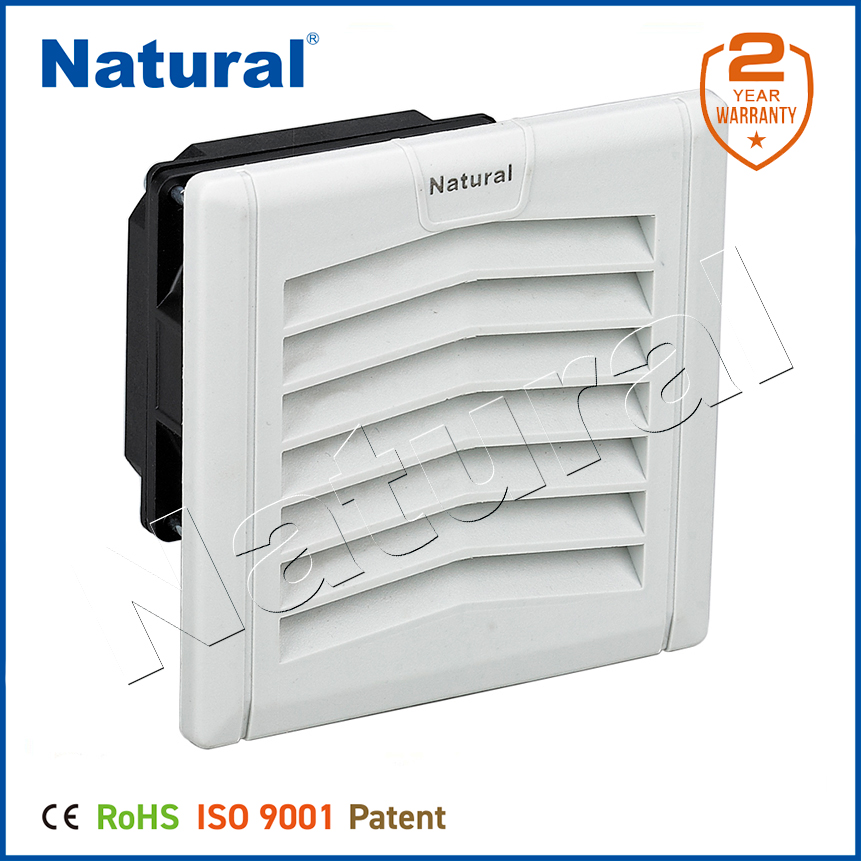In modern buildings and industrial environments, maintaining clean, fresh air is essential for health, productivity, and overall well-being. One of the most effective ways to ensure high-quality indoor air is through the integration of a fan air system ventilation HEPA filter. These filters not only play a crucial role in purifying the air but also contribute to energy efficiency, ensuring a balanced approach to air quality management. This article explores the function, benefits, and applications of fan air systems with HEPA filters in various settings.

Understanding Fan Air System Ventilation and HEPA Filters

A fan air system is a ventilation mechanism designed to circulate air within a closed environment, such as residential buildings, commercial spaces, or industrial facilities. These systems are typically equipped with fans that push or pull air through a network of ducts, allowing the controlled exchange of indoor and outdoor air. The goal is to regulate temperature, humidity, and air quality.
HEPA, which stands for High-Efficiency Particulate Air, is a type of air filter that can remove at least 99.97% of particles that are 0.3 microns or larger from the air. This includes dust, pollen, mold spores, bacteria, and even some viruses. HEPA filters are typically made from a dense mat of fibers, which trap airborne particles as the air flows through them. When combined with a fan air system, HEPA filters create an effective solution for filtering out harmful contaminants and maintaining optimal indoor air quality.
